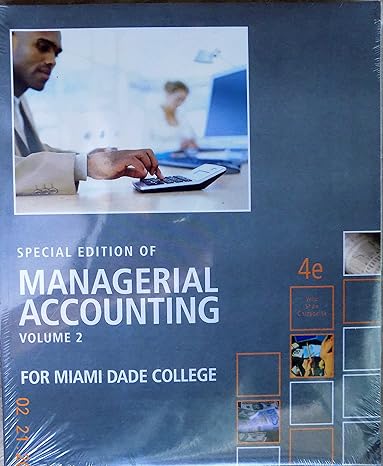Question
intricate landscape of accounting operations, particularly within the rigorous framework of audit reporting in the United States, auditors play a pivotal role in ensuring the
intricate landscape of accounting operations, particularly within the rigorous framework of audit reporting in the United States, auditors play a pivotal role in ensuring the accuracy, reliability, and transparency of financial statements. Can you provide a comprehensive exploration of the multifaceted steps and considerations involved in the audit reporting process, beginning with the initial planning phase and culminating in the issuance of the auditor's report?
Specifically, how do auditors meticulously plan and execute their engagements, taking into account critical factors such as risk assessment, materiality thresholds, and the evaluation of internal controls, to establish a robust foundation for their audit work? Could you delve into the strategies and methodologies employed to assess and manage audit risk, as well as the determination of materiality, and how these factors influence the scope and depth of audit procedures?
Furthermore, within the context of audit evidence, what are the key types and sources of evidence that auditors rely upon to form their opinions on the financial statements? How do auditors address the evolving nature of financial transactions and reporting methods, including the incorporation of technology and data analytics into the audit process, to obtain sufficient and appropriate audit evidence?
As auditors navigate the terrain of audit standards, such as the Generally Accepted Auditing Standards (GAAS) and the guidance provided by the Public Company Accounting Oversight Board (PCAOB), how do these standards shape the audit reporting process, ensuring that it adheres to the highest professional and ethical standards? Could you elaborate on the various types of audit reports, including unqualified opinions, qualified opinions, adverse opinions, and disclaimer of opinions, and the circumstances under which each is issued, highlighting the implications of these reports for financial statement users?
Moreover, with the dynamic nature of the business environment and financial reporting, how do auditors adapt to and address emerging issues and challenges, such as cybersecurity risks, sustainability reporting, and the impact of global economic shifts, to enhance the relevance and effectiveness of their audit reports? Can you provide insights into the role of auditors in providing assurance on non-financial information, such as environmental, social, and governance (ESG) disclosures, and the evolving demands of stakeholders for greater transparency in these areas?
Additionally, within the context of regulatory oversight, how do organizations like the Securities and Exchange Commission (SEC) and the PCAOB contribute to the oversight and enhancement of audit reporting practices in the United States, and what role do they play in safeguarding the interests of investors and the integrity of financial markets?
Lastly, considering the broader implications of audit reports on the decision-making processes of investors, creditors, and other stakeholders, how do auditors strike a balance between providing assurance on financial statements while also effectively communicating the results of their audits in a clear, concise, and informative manner in their reports? What strategies do auditors employ to address complex accounting issues and uncertainties in their reporting, and how do they ensure that their reports meet the evolving needs and expectations of the users of financial statements?"
Step by Step Solution
There are 3 Steps involved in it
Step: 1

Get Instant Access to Expert-Tailored Solutions
See step-by-step solutions with expert insights and AI powered tools for academic success
Step: 2

Step: 3

Ace Your Homework with AI
Get the answers you need in no time with our AI-driven, step-by-step assistance
Get Started


